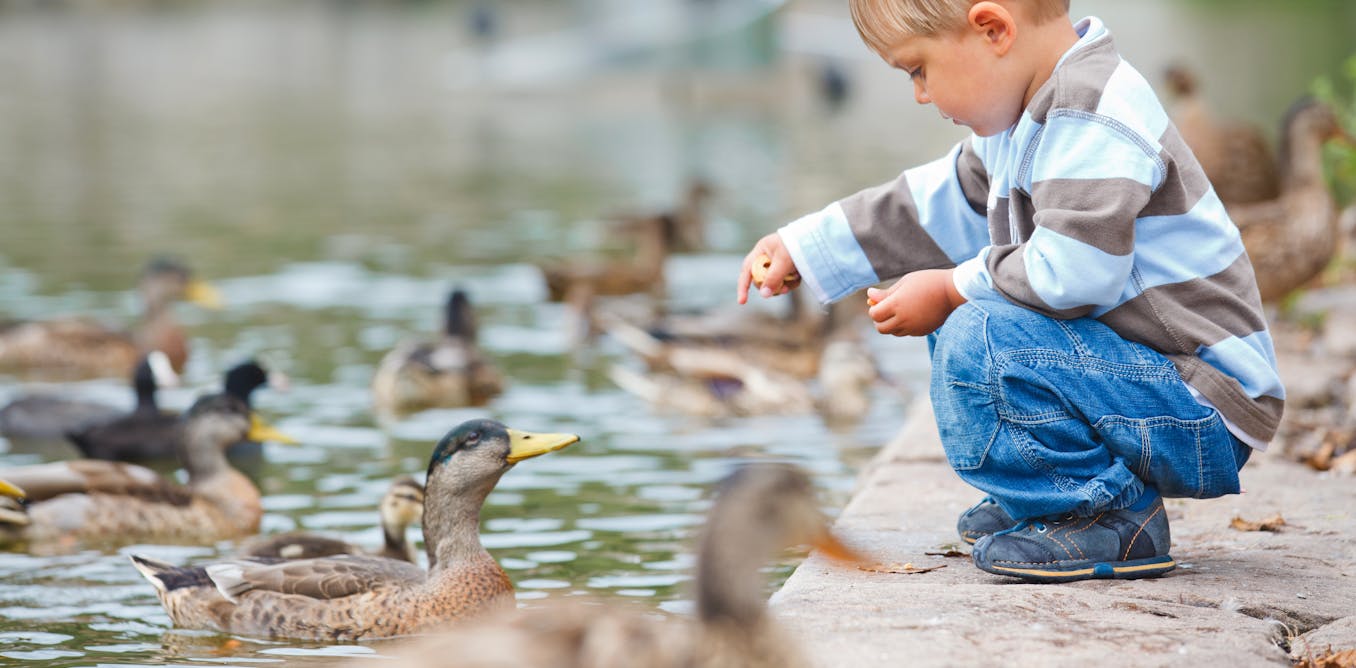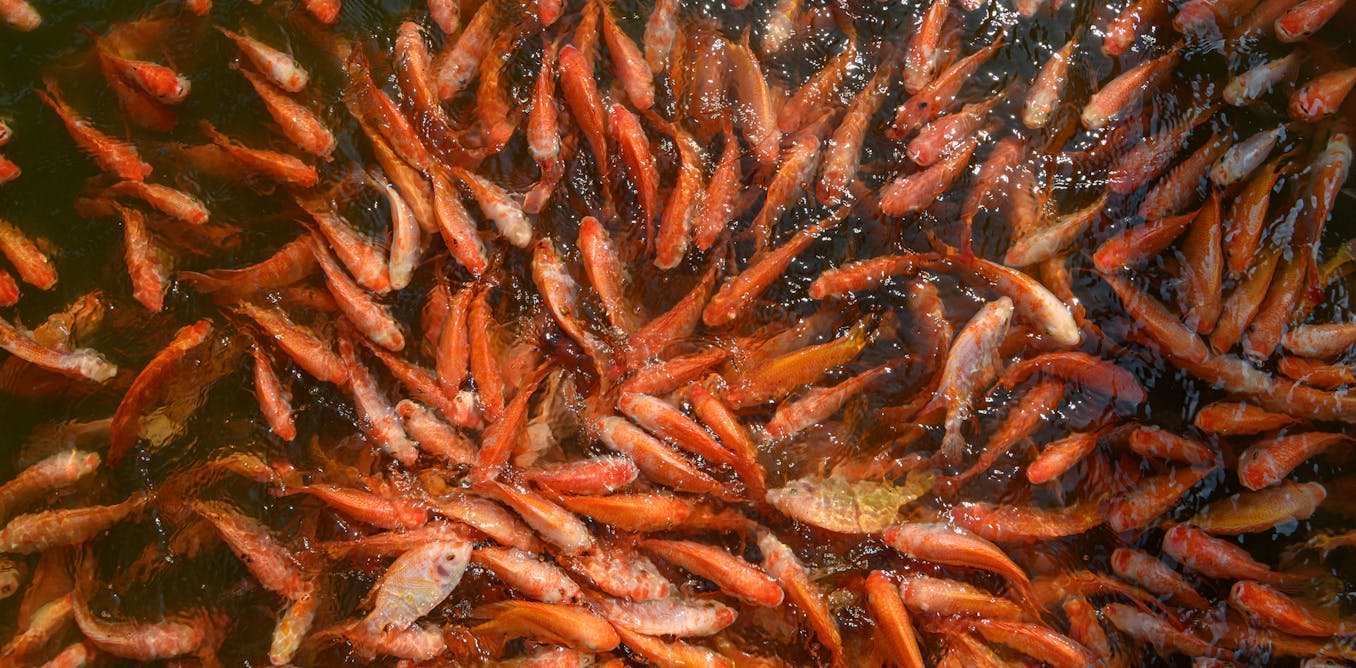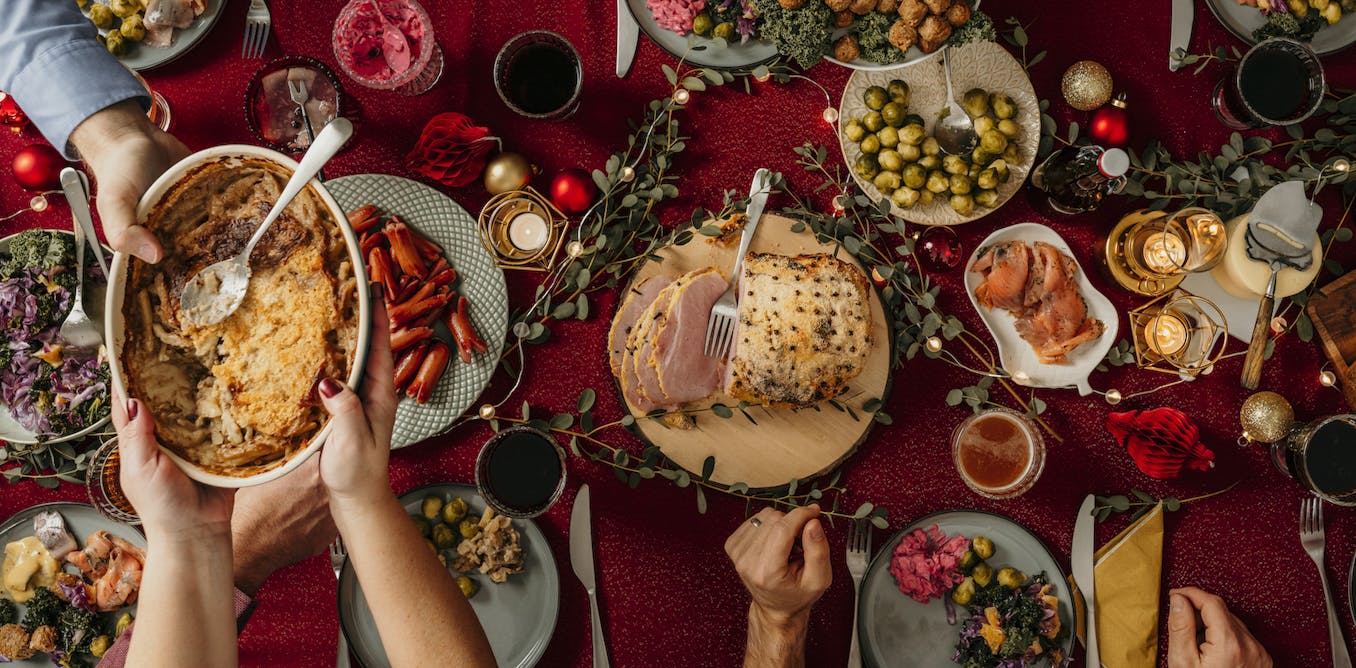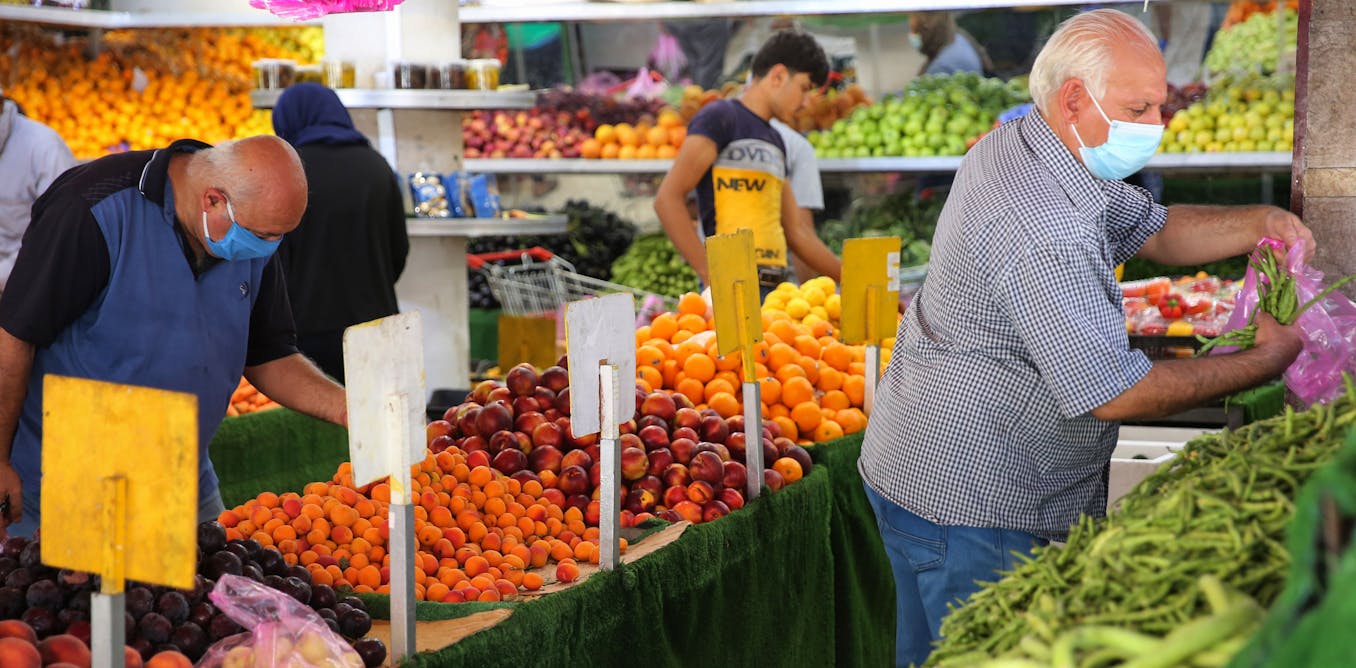Whether slow or fast, here's how your metabolism influences how many calories you burn each day
There are some factors you can't change about your metabolism. But there are things you can do to influence how much energy your body uses over the course of the day.
Dec. 28, 2020 • ~8 min
Taking fish out of fish feed can make aquaculture a more sustainable food source
Fish farms feed millions of people around the world, but they also consume a lot of fish that are dried or ground up to make aquafeed. Researchers are developing more sustainable alternatives.
Dec. 14, 2020 • ~7 min
Why we're so bad at counting the calories we eat, drink or burn
People worried about gaining weight over the holidays may try to estimate how many calories are in the foods they put on their plates. But it's not as easy as it looks.
Dec. 10, 2020 • ~6 min
Returning the 'three sisters' – corn, beans and squash – to Native American farms nourishes people, land and cultures
For centuries Native Americans intercropped corn, beans and squash because the plants thrived together. A new initiative is measuring health and social benefits from reuniting the "three sisters."
Nov. 20, 2020 • ~9 min
Americans don't eat enough fish and miss out on robust health benefits
The oils in fish are excellent buffers against disease. Why don't we eat more fish?
Nov. 12, 2020 • ~5 min
Good nutrition can contribute to keeping COVID-19 and other diseases away
Many of us don't get an adequate amount of nutrients.
Sept. 17, 2020 • ~7 min
To reduce world hunger, governments need to think beyond making food cheap
A new UN report shows that hunger and food insecurity are rising worldwide. The COVID-19 pandemic is adding to this trend, but is not the major driver.
July 17, 2020 • ~7 min
/
9









